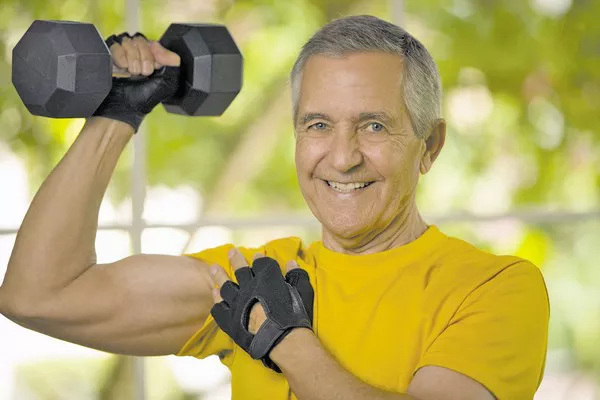In today’s social media-driven world, fitness influencers with seemingly perfect physiques have become global celebrities, inspiring millions to pursue healthier lifestyles. However, a growing number of these so-called “fitness gurus” have been exposed for presenting misleading images and false claims, raising questions about authenticity and the true nature of their transformations.
Many fake fitness influencers rely heavily on photo editing, selective angles, and filters to create an illusion of ideal body shapes. Beyond visuals, some promote questionable diet plans, unverified supplements, or extreme workout routines that may not be sustainable or safe. This trend can mislead followers, causing frustration, unrealistic expectations, and sometimes harm to those trying to emulate these fabricated lifestyles.
Experts in fitness and nutrition caution that genuine transformation requires consistent effort, personalized plans, and time. “There is no shortcut or magic pill,” said Dr. Rachel Kim, a certified fitness trainer. “What you see online is often a carefully curated highlight reel, not the full story of dedication and challenges.”
Furthermore, the culture of perfection promoted by fake influencers can negatively affect mental health, contributing to body image issues and diminished self-esteem. Advocates for transparency and honesty urge influencers to share authentic journeys, including setbacks and realistic progress.
Despite the prevalence of deceptive portrayals, many genuine fitness professionals continue to promote evidence-based guidance and encourage sustainable habits. The rising awareness around fake fitness influencers emphasizes the need for critical evaluation of online content and a focus on personal health over appearances.
As social media users navigate this complex landscape, recognizing the secrets and lies behind the most enviable bodies is key to fostering a healthier, more informed fitness culture.
Related Topics

































